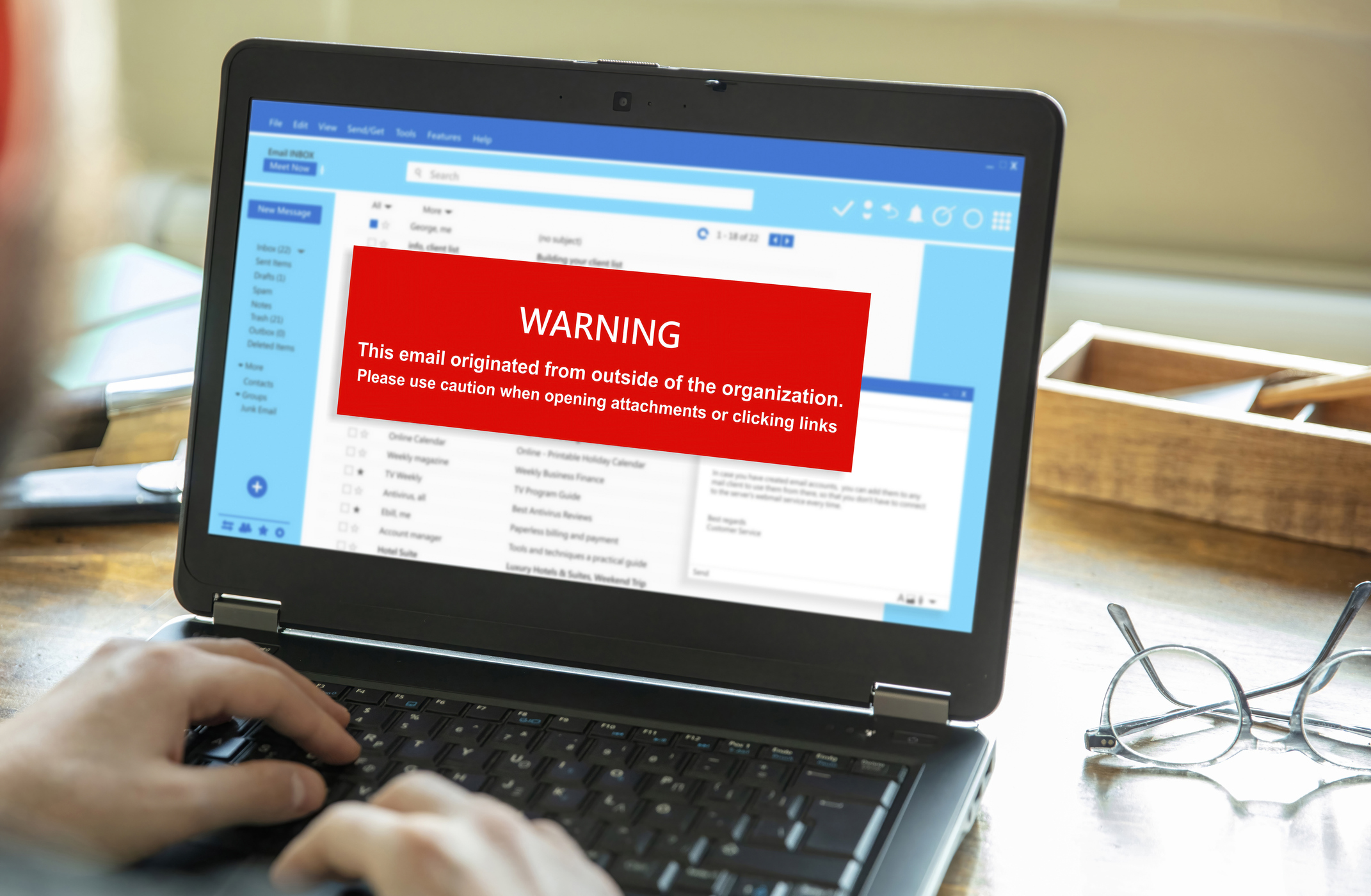In response to the escalating number of cyberattacks, Ironwall by Incogni, a premier provider of online privacy protection tools and services, is urging healthcare organizations to implement stricter policies for safeguarding patient data. Ironwall emphasizes that expanding efforts to protect employee data readily available online is a crucial first line of defense against potential cyber threats targeting enterprises.
According to Incogni, there have been 2,213 breaches targeting healthcare since 2020, affecting 152 million individuals, nearly half of the US population. This year alone has seen ten healthcare breaches impacting over 570,000 people, with 293 open cases involving approximately 36 million profiles still pending resolution.
A recent cyberattack on Ascension, a healthcare network based in St. Louis, comprising 140 hospitals and 40 senior living facilities across 19 states, highlighted the severe consequences of such breaches. The attack disrupted access to electronic health records, compromised patient care, and resulted in the removal of files from seven of the system’s 25,000 servers, potentially exposing patient data. The breach occurred when an employee mistakenly believed a phishing email was legitimate and downloaded a malicious file.
“This is the new method for delivering ransomware, making every employee a potential target, from the CEO to the newest receptionist,” stated Ron Zayas, CEO of Ironwall by Incogni. “Phishing attacks have become more personalized and sophisticated through AI and social engineering techniques. Even the most cautious employees can be tricked, and a single click on a malicious link can lead to disaster.”
Phishing attacks often exploit personal information to deceive recipients. “People are more likely to click on a link if they believe the email comes from someone they know or contains information only a close friend or relative would have,” Zayas added.
Personal information—such as home addresses, friends, relatives, personal habits, and photos—is now easily accessible online through a simple search, making it vulnerable to misuse. However, public information can be made private again, and genuine contact details like phone numbers and email addresses can be replaced with untraceable alias content.
“Affordable solutions exist if companies are willing to invest in them,” Zayas noted. “Proactive investment in privacy protection is the best insurance against the costly aftermath of a ransomware attack. This includes not only financial losses but also reputational damage and potential class action lawsuits following a data breach.”
While organizations must take steps to protect themselves, individuals are also at risk outside of work and can benefit from online privacy protection to safeguard their families from having their personal information weaponized.
For more information about Ironwall by Incogni, click here. To explore the current state of online privacy and learn how it’s being compromised, download the white paper “The Weaponization of Privacy: Why It Will Get Worse, and How You Can Stop It.”


